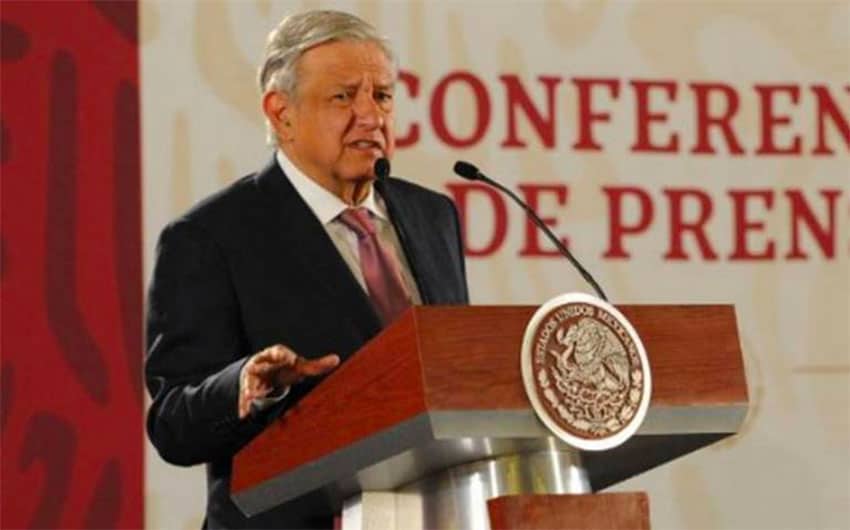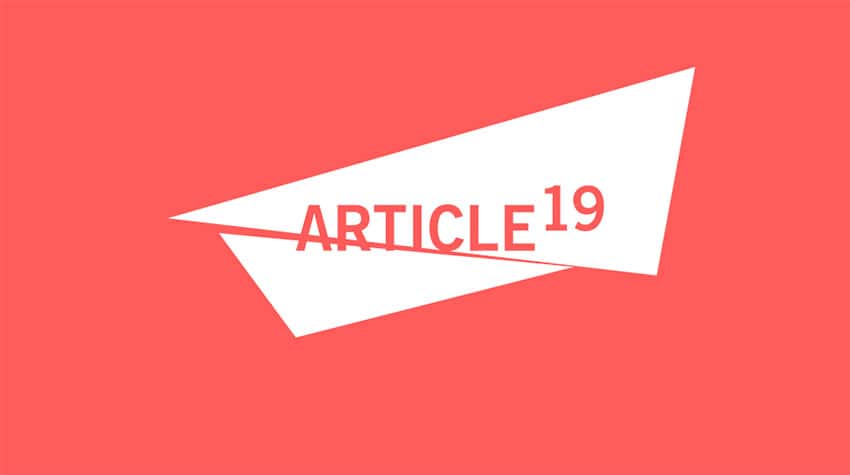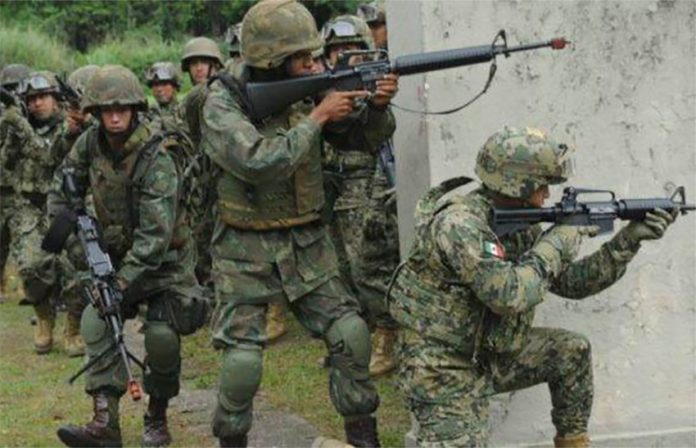The U.S. Department of State (DOS) has cited impunity as a major problem in Mexico in a new human rights report that also raises concerns about allegedly unlawful killings committed by government security forces and violence against journalists and human rights defenders.
As might be expected, the report got a cool reception Wednesday morning from President López Obrador, who questioned why the United States was commenting on Mexico’s internal affairs. But he didn’t take issue with any of the report’s contents.
“Impunity and extremely low rates of prosecution remained a problem for all crimes, including human rights abuses,” the DOS said in its Mexico 2020 human rights report.
“The government’s federal statistics agency estimated 94% of crimes were either unreported or not investigated. There were reports of some government agents who were complicit with international organized criminal gangs, and there were low prosecution and conviction rates in these abuses,” the report said.
It also said that there were high levels of impunity for offenses committed by organized crime groups.

“Organized criminal elements, including local and transnational gangs, and narcotics traffickers, were significant perpetrators of violent crimes and committed acts of homicide, torture, kidnapping, extortion, human trafficking, bribery, intimidation, and other threats, resulting in high levels of violence, particularly targeting vulnerable groups. The government investigated and prosecuted some of these crimes, but the vast majority remained in impunity,” the report said.
The DOS said that “significant human rights issues” in Mexico in 2020 included reports of the involvement by police, military, and other government officials and illegal armed groups in unlawful or arbitrary killings and forced disappearance; torture by security forces; harsh and life-threatening conditions in some prisons; and arbitrary arrest and lengthy pretrial detention.
It also said that violence against journalists and human rights defenders; serious acts of corruption; impunity for violence against women; violence targeting persons with disabilities and lesbian, gay, bisexual, transgender, and intersex persons; and the existence of the worst forms of child labor were issues of concern.
The report cited various alleged police and military killings under the sub-heading “arbitrary deprivation of life and other unlawful or politically motivated killings.”
Among them were the death last May of 30-year-old Giovanni López, who police allegedly beat for hours after arresting him for not wearing a face mask in a Jalisco town.
The DOS also cited the army’s killing of 12 members of a cartel hit squad in Nuevo Laredo, Tamaulipas, last July.
After the gun battle, “one of the soldiers discovered a combatant still alive and subsequently received orders to kill the wounded person,” the report said.
In the report’s sub-section on freedom of expression, the DOS said that “perpetrators of violence against journalists acted with impunity, consistent with high levels of impunity for all crimes.”
“The NGO Article 19 reported that as of December 2019, the impunity rate for crimes against journalists was 99%. According to Article 19 and media reporting, as of December, six journalists had been killed [in 2020] because of their reporting,” the report said.
The DOS noted that Freedom House’s 2019 Freedom on the Net report categorized the country’s internet as only partly free due to concerns about online manipulation tactics, high levels of violence against digital reporters, and investigations surrounding abusive surveillance practices.
“The report noted political partisans launched social media campaigns against journalists who criticized President Lopez Obrador’s daily live-streamed press conferences. A trend on social media also saw public officials blocking critical journalists and media from following their social media accounts,” the DOS said.
The State Department also noted that while “journalists could criticize the government and discuss matters of general interest with no restrictions, politicians publicly discredited and criticized such journalists.”

“… Journalists were killed or subjected to physical and cyberattacks, harassment, and intimidation (especially by state agents and transnational criminal organizations) in response to their reporting. This limited media’s ability to investigate and report, since many of the reporters who were killed covered crime, corruption, and local politics. High levels of impunity, including for killings or attacks on journalists, resulted in self-censorship and reduced freedom of expression and the press.”
Speaking at his regular news conference on Wednesday, López Obrador criticized the United States government for daring to speak out about human rights issues in Mexico.
“Look at this: the United States Department of State yesterday made its recommendations about Mexico. To start, we don’t get involved in offering opinions about human rights violations in the United States, we’re respectful, we can’t give an opinion about what’s happening in another country,” he said.
“So why does the United States government weigh in on issues that only concern Mexicans?”
The president also took aim at Article 19, an international press freedom advocacy organization that has frequently been critical of the federal government’s attitude toward the media and journalists, and just last week said that López Obrador’s weekday press conferences constitute “a worrying instrument of misinformation.”
“It turns out that this association called Article 19 is financed by foreign companies, even by the State Department. That organization … is supported [in Mexico] from abroad and what’s more all the people involved with Article 19 belong to the conservative movement that’s against us. I can prove everything I am telling you,” he said.
Source: El Universal (sp), Reforma (sp)
